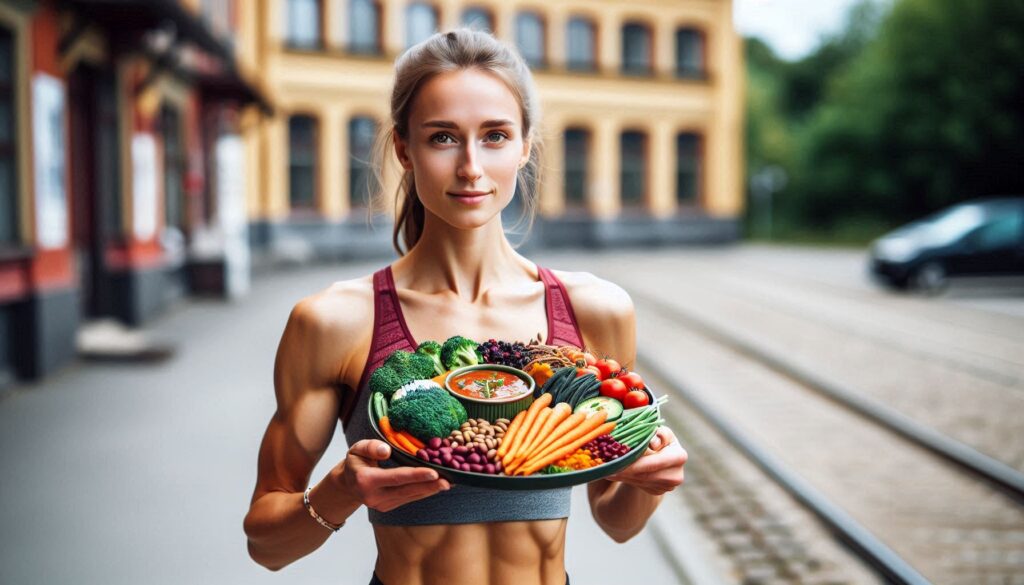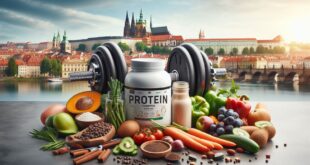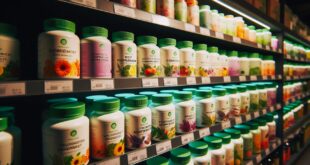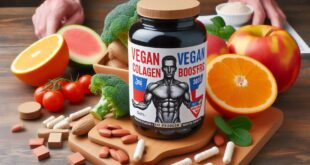Maintaining peak physical performance as a vegan athlete has unique challenges, especially when it comes to critical nutrients like iron and vitamin B12. Vegan diets can provide many health benefits, yet they may lack in some key areas without proper planning. For vegan athletes in the Czech Republic, understanding how to obtain adequate iron and B12 is essential to achieve optimal energy, muscle recovery, and overall health.
In this article, we explore the roles of iron and B12, their specific needs for athletes, how to meet these needs on a vegan diet, and practical tips for vegan athletes in the Czech Republic.
Key Takeaways
- Iron and B12 are essential nutrients for athletes, supporting energy, muscle function, and endurance.
- Vegan athletes in the Czech Republic need to pay special attention to sources of iron and B12 in their diet.
- Supplementation, dietary planning, and regular testing can help maintain optimal levels of these nutrients.
- Incorporating local and fortified vegan food options can assist in meeting daily requirements for iron and B12.

Importance of Iron and B12 for Vegan Athletes
Iron and vitamin B12 play vital roles in athletic performance, especially for vegans whose diets may be naturally lower in these nutrients.
Why Do Vegan Athletes Need Iron?
Iron is critical in delivering oxygen to muscles, supporting endurance, and maintaining energy levels. For athletes, iron needs are even higher due to increased physical demands. Iron deficiency can lead to fatigue, reduced stamina, and decreased athletic performance.
The Role of Vitamin B12
Vitamin B12 is essential for energy production, red blood cell formation, and neurological function. Because B12 is primarily found in animal products, vegan athletes may be at higher risk of deficiency, which can lead to fatigue, muscle weakness, and long-term health issues if unaddressed.
Iron and B12 Sources for Vegan Athletes in the Czech Republic
Finding reliable sources of iron and B12 on a vegan diet is possible but requires careful planning. Here are some accessible options within the Czech Republic:
Iron-Rich Vegan Foods
Iron can be found in a range of plant-based sources, though it is non-heme iron (less readily absorbed than heme iron from animal products).
| Iron Source | Average Iron Content (per 100g) |
|---|---|
| Lentils | 3.3 mg |
| Tofu | 5.4 mg |
| Spinach | 2.7 mg |
| Pumpkin seeds | 8.1 mg |
| Quinoa | 1.5 mg |
Vegan B12 Options
B12 is largely absent in plant foods, so fortification and supplementation are key.
| B12 Source | Average B12 Content |
|---|---|
| Fortified plant milk | ~1-3 µg per serving |
| Nutritional yeast (fortified) | ~2-3 µg per tablespoon |
| B12 supplements | 250-500 µg (varies by brand) |
Practical Tips for Maintaining Iron and B12 Levels
Here are some effective strategies for vegan athletes to maintain adequate iron and B12 levels.
Optimize Iron Absorption
- Pair Iron with Vitamin C: Consume vitamin C-rich foods like bell peppers, oranges, or strawberries with iron sources to boost absorption.
- Avoid Tea and Coffee with Meals: Tannins in tea and coffee can hinder iron absorption; try to consume these beverages between meals instead.
- Focus on Iron-Rich Snacks: Keep iron-rich snacks like pumpkin seeds or dried apricots handy.
Ensure Regular B12 Intake
- Use Fortified Foods: Include fortified plant-based milks, breakfast cereals, and nutritional yeast.
- Consider a B12 Supplement: A weekly high-dose B12 supplement can ensure you meet your requirements without daily intake.
- Regular Testing: Periodic B12 level tests can help you monitor and adjust supplementation as needed.

Understanding the Recommended Daily Intake
Below is a quick reference to the recommended daily intake of iron and B12, particularly for athletes and those on a vegan diet:
| Nutrient | Men (19-50 years) | Women (19-50 years) | Vegan Athlete Recommendation |
|---|---|---|---|
| Iron | 8 mg | 18 mg | Up to 1.8x standard RDA due to non-heme form |
| Vitamin B12 | 2.4 µg | 2.4 µg | ~250 µg supplement weekly or 2-3 µg daily |
FAQs
Q: Can vegan athletes get enough iron and B12 from their diet?
Yes, with careful planning and fortified foods, vegan athletes can meet their iron and B12 needs. However, supplementation may still be recommended, especially for B12.
Q: How often should vegan athletes test for iron and B12 levels?
It’s advisable to test every 6-12 months, as vegan diets may require closer monitoring to catch potential deficiencies early.
Q: What are the signs of low iron or B12 levels?
Common symptoms include fatigue, weakness, shortness of breath, and, for B12 deficiency, possible numbness or tingling in the extremities.
Q: Is it better to take a B12 supplement daily or weekly?
Both are effective. A daily dose around 2-3 µg or a weekly higher dose (e.g., 250-500 µg) can both help maintain adequate levels.
Q: What local Czech foods can help boost iron intake?
Iron-rich plant foods like lentils, chickpeas, and spinach are available in Czech markets and can help meet iron needs when combined with vitamin C sources.
Conclusion
Ensuring adequate iron and B12 intake is essential for vegan athletes in the Czech Republic aiming to maintain peak performance and overall health. While plant-based diets offer numerous health benefits, specific nutrients like iron and B12 require special attention. By incorporating fortified foods, taking supplements, and planning meals thoughtfully, vegan athletes can thrive and excel in their sports.
With the right approach and regular monitoring, achieving optimal iron and B12 levels is achievable, enabling vegan athletes in the Czech Republic to continue their journey with strength, energy, and confidence.




